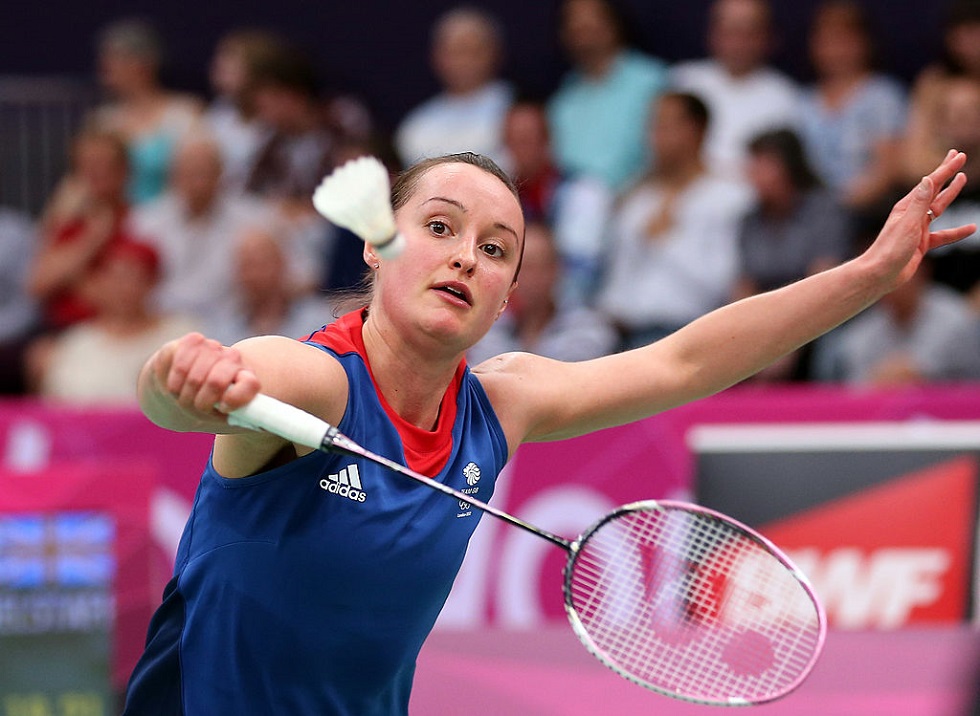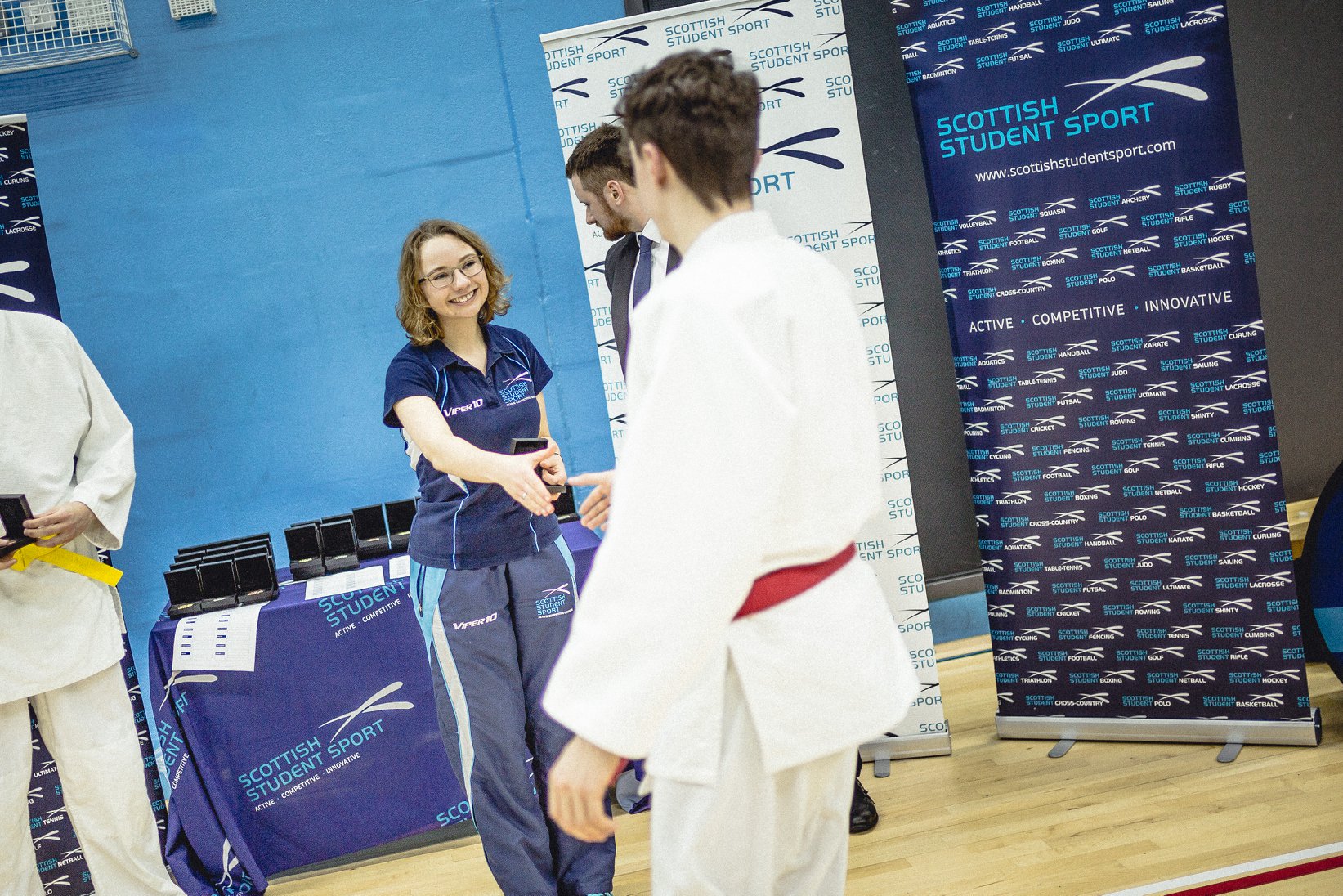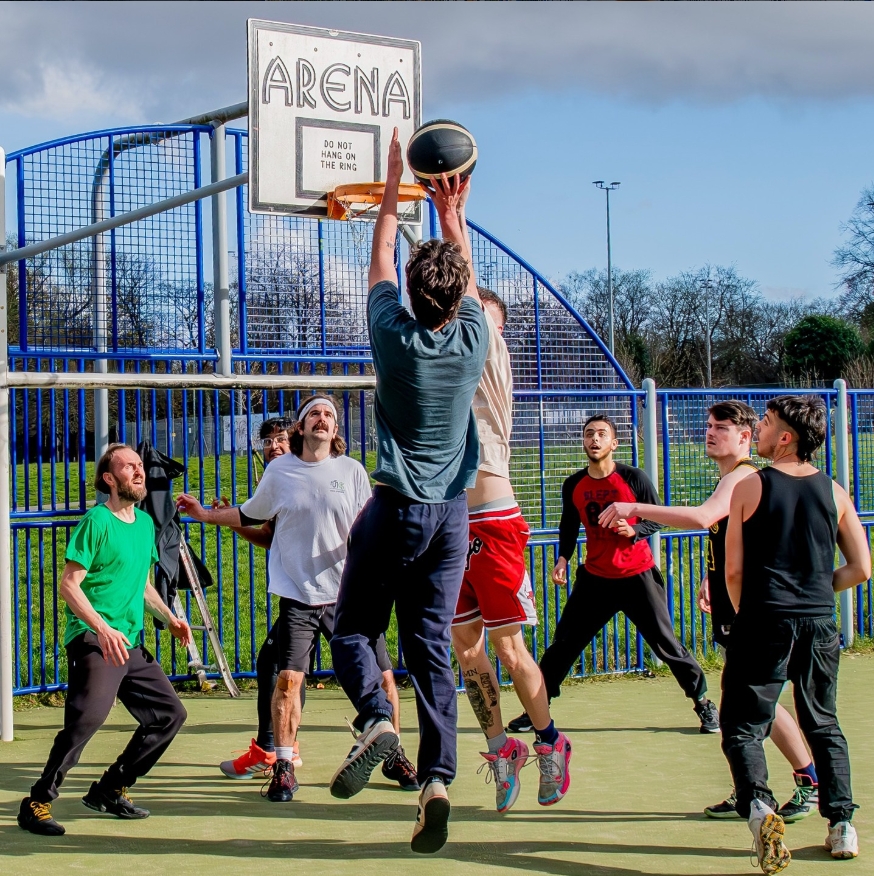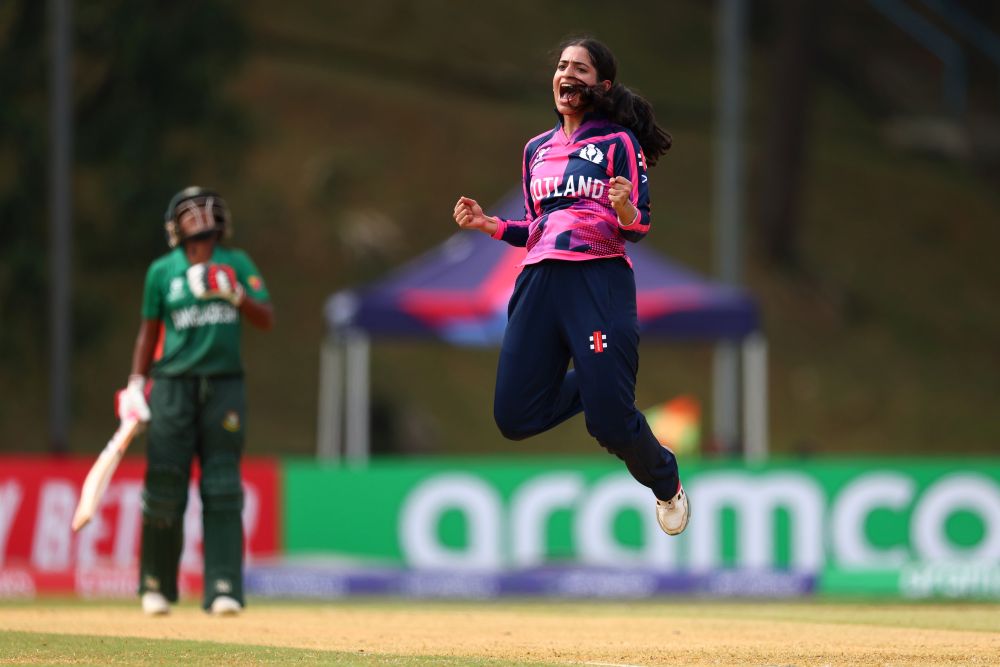During her playing career Susan Egelstaff represented both Team Scotland and Team GB on the world stage, winning two Commonwealth Games medals and competing at the London 2012 Olympic Games. Retiring as an athlete in 2012, Susan is now a sports writer for The Herald. She spoke to Sport First about how sport can provide the skills needed for 'normal life'.
Getting started
With one eye on the future, Susan studied Psychology at the University of Stirling at the start of her career, however as she was nearing the end of her playing career it was another profession that caught her eye; journalism.
“I was getting towards retirement and not sure what I wanted to do but I just fancied trying journalism. It was a good time to try as I was still competing so didn’t desperately need a job.
"I contacted The Herald and asked if I could write for them. I guess I had a different selling point as I was still an athlete, so they said yes. At the start I would write one comment piece of about 500 words each week, it wasn’t always used and I wasn’t getting paid for it, but that was fine as I was still an athlete so wasn’t looking to make money."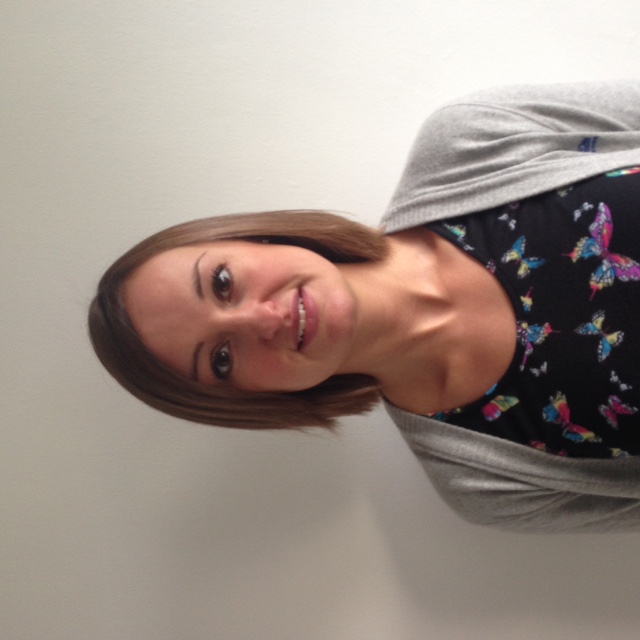
In 2012 Susan was selected to represent Team GB at the London Olympics and that proved to be a great springboard for her future career. “What really helped was that journalists weren’t allowed to go to the athlete’s village at the Olympics so I would write a piece from there a couple of times a week which no one else could get.
"After I retired, The Herald started giving me more stuff to write and paying me a wee bit, so it gradually built up.”
Sport for skills
Susan is convinced that skills learned through sport can be a huge asset to employers. “There are so many skills you can take from sport like being organised, pro-active and resilient."
"When I first started writing I was only getting one out of three or four pieces published but sport makes you so resilient as you lose and get knocked down so many more times than you win. You just have to take the knocks and get back up again because in sport, if you don’t do that, you’ll never get anywhere. So, when you go into ‘normal life’ and you get a knock it doesn’t seem as huge a thing, you’re more used to it so you can just get back up and get at it.
"Sport also makes you self-driven. I was in an individual sport and you have to take the lead. It’s not like being in a team sport where there’s equal responsibility, it’s all down to you. That's another thing you can take into a job, if I want something to happen, I have to make it happen. It’s a skill that is easy to transfer as you’re just so used to doing it.”
Ready for retirement
For many athletes, the transition from full-time athlete to retirement can be challenging but Susan was ready: “I didn’t feel it was difficult as I was really ready to retire and I was able to retire on my own terms, just after the Olympics in 2012.
“The biggest thing I’d wanted to do was to get to an Olympics so I felt I had done everything I wanted to do. Also, my body was starting to struggle. Even though I was only 29 I’d been training since I was about 16 years old, and my body felt old. I didn’t feel like I could give it everything anymore, but it was easier for me because I didn’t feel like I had anything left to do. Having said that, it is still quite scary because as an athlete I went from knowing exactly what I was doing every minute of every day, months and months in advance, to not knowing what I was going to do next. To go from having such a definite routine to having no routine at all can be quite scary and especially if you have had to retire before you were totally ready."
Advice for young athletes
Based on her experience, Susan shared some advice for athletes on the performance pathway: “Try to think about retirement plans before you finish. If you wait until you retire it can turn into a bit of a panic, not knowing where to start. Don’t necessarily give a huge amount of time to it as you’re obviously still competing and want to give that your full focus, but just have half an eye on it so that you have a wee bit of direction when you do finish.
"Obviously, that only applies if you are lucky enough to know when you are going to retire rather than being forced into retirement through injury. Most people know roughly when they might start to wind down their career, so start to think about what you might like to do a few years before that and try to get a bit of experience, without it taking time or energy away from training.
"Often doing something outside of sport is really useful, if you can combine the two and get some experience you’ll have something to fall back on once you retire."
"It also helps your sport by not just having a single focus on training.
"Don’t wait until you retire. Most athletes will be in their late twenties, early thirties before they start what is effectively their second life. When your whole life has been sport you don’t have to think about anything else really, so it can feel quite overwhelming if you haven’t given it some thought before you retire.
“Try to meet people or get in touch with people who you might be able to use as contacts once you retire, and if you can get a wee bit of experience when you’re an athlete then that can be a foot in the door to help you move forward."

